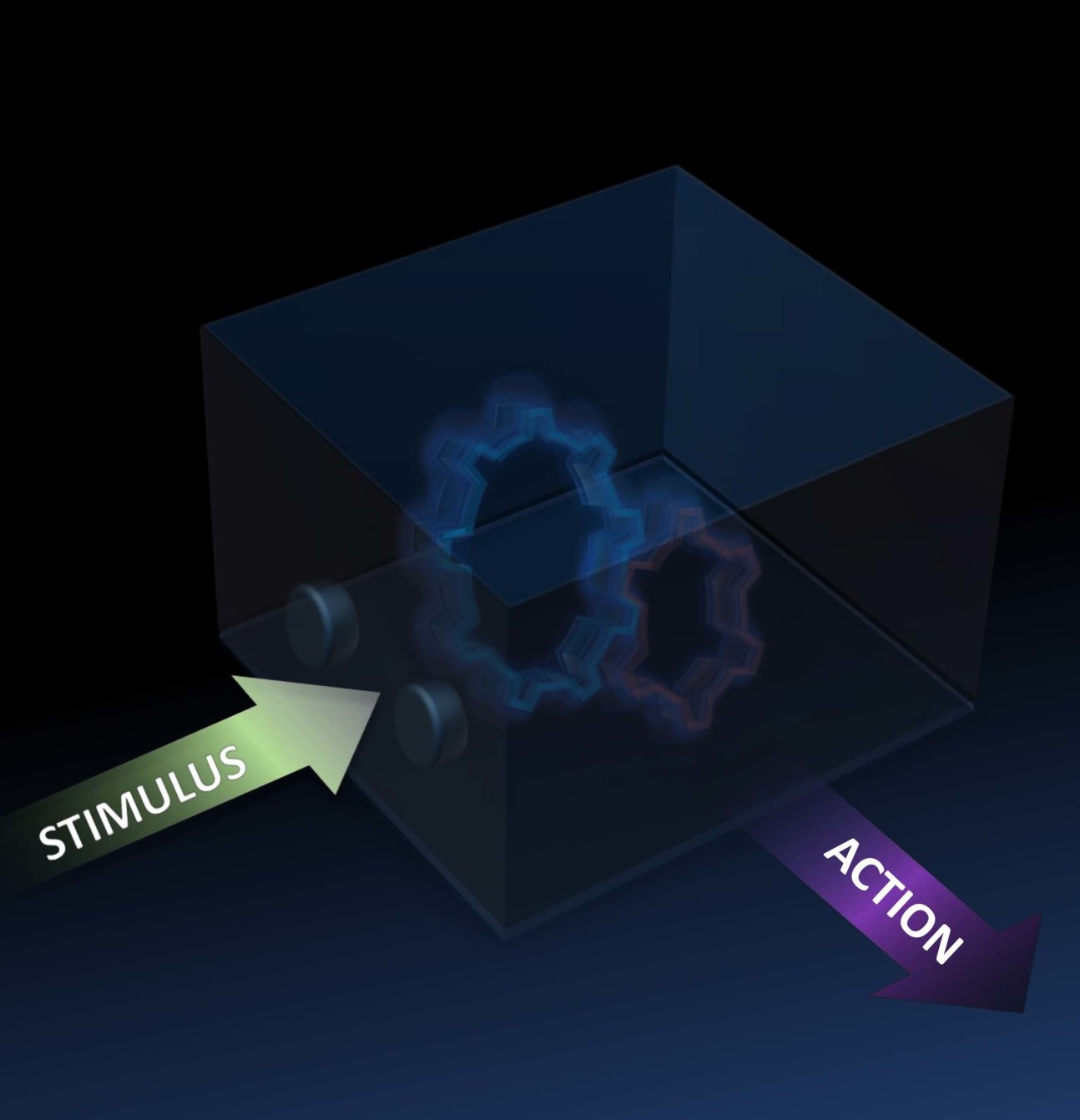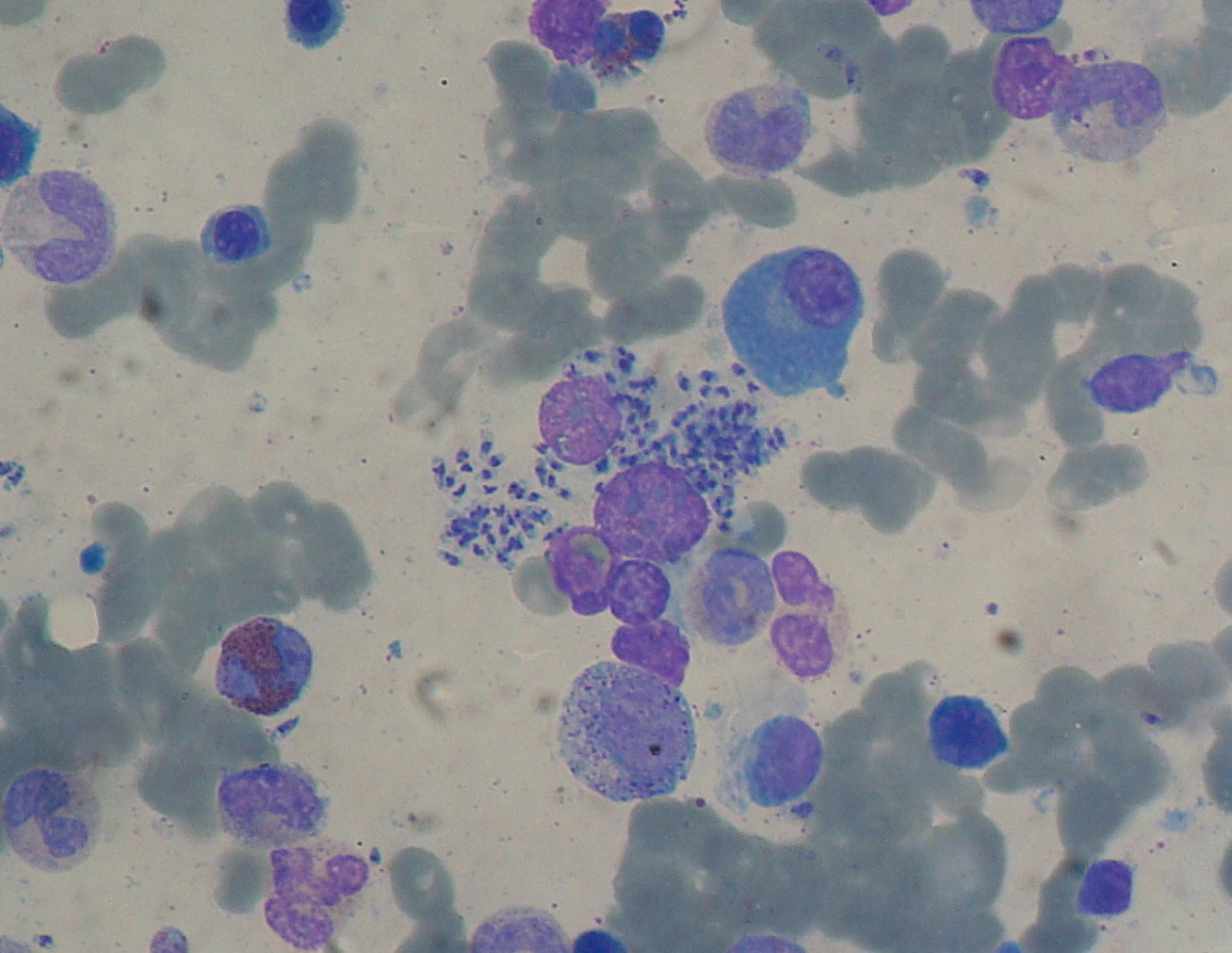AMS professorship and disease relapse: News from the College

Here’s a batch of fresh news and announcements from across Imperial.
From a new professorship for an immunology expert, to tests which can detect patients at risk of relapsing parasitic disease, here is some quick-read news from across the College.
AMS Professorship
Professor Petter Brodin has been awarded a professorship by the Academy of Medical Sciences (AMS). The AMS Professorship scheme supports newly appointed professors to relocate and settle in the UK.
Professor Brodin recently joined Imperial as the Garfield Weston Chair of Neonatology and Professor of Paediatric Immunology.
His research centres on understanding factors that shape human immune system variation in health and disease, and developing new experimental and computational tools to study human immune systems. As an active paediatrician, his work also explores how and when the immune system is shaped by environmental exposures early in life.
Professor Brodin said: “I am honoured to receive the AMS Professorship from the Academy of Medical Sciences.
“As a newcomer to the UK science community, this award will offer a unique opportunity for me to be introduced and mentored by leading UK researchers and this will be tremendously important for my continued development.”
Quantum data advantage
 In a complex world, success – whether it is a predator chasing prey, an investor trading stocks, or a self-driving car – requires interpreting data from the environment and responding accordingly. With so much data to process, ‘agents’ must be able to efficiently distil this information, and all past information that is relevant.
In a complex world, success – whether it is a predator chasing prey, an investor trading stocks, or a self-driving car – requires interpreting data from the environment and responding accordingly. With so much data to process, ‘agents’ must be able to efficiently distil this information, and all past information that is relevant.
Classical information processing requires a large memory capacity to do this well, but researchers led by Dr Thomas Elliott at Imperial have now shown that quantum information processing can offer a competitive edge. A ‘quantum agent’ can better isolate essential data and thus can execute more complex strategies whilst needing to track far less information.
Dr Elliott’s team has shown how to design such agents systematically and that they are particularly advantageous when optimal performance necessitates tracking information about events far into the past.
Read the full paper in Physical Review X: ‘Quantum adaptive agents with efficient long-term memories’
Cosmological award
 Professor Alan Heavens has been awarded the Royal Astronomical Society’s Eddington Medal, given to an investigation of outstanding merit in a specific area. Professor Heavens has developed advanced methods of analysis of large-scale structure and weak lensing data and has used these to test cosmological theories and in the measurement of cosmological parameters through applying them to observations.
Professor Alan Heavens has been awarded the Royal Astronomical Society’s Eddington Medal, given to an investigation of outstanding merit in a specific area. Professor Heavens has developed advanced methods of analysis of large-scale structure and weak lensing data and has used these to test cosmological theories and in the measurement of cosmological parameters through applying them to observations.
His citation says: “The work of Professor Heavens has not only been wide reaching and influential, but has enabled significant progress in a number of scientific areas, in particular, his work is proving to play a vital role in the ever-increasing volume of data from the latest cosmological experiments.”
Read more on the Royal Astronomical Society website.
Predicting disease relapse

Blood tests that can be done in a field-hospital setting could help to spot patients most at risk of relapsing parasitic disease, improving disease management and patient care.
Visceral leishmaniasis (VL) is caused by a parasite transmitted to humans by biting sandflies. While VL can be treated and cured, people with a compromised immune system - such as those with HIV - suffer frequent VL relapses.
In a study of patients co-infected with visceral leishmaniasis and HIV (VL/HIV) in Ethiopia, scientists looked to find out why some patients relapse frequently.
Dr Pascale Kropf from Imperial’s Department of Infectious Disease, and colleagues identified three key markers, including the number of white blood cells and a receptor on their surface, which could be used to predict VL relapse in VL/HIV patients.
They write: “This is extremely promising, as individuals who are most at risk of relapse… could be identified and treated further.”
Read the full report in Cell Reports Medicine. Want to be kept up to date on news at Imperial? Sign up for our free quick-read daily e-newsletter, Imperial Today.
Want to be kept up to date on news at Imperial? Sign up for our free quick-read daily e-newsletter, Imperial Today.
Article text (excluding photos or graphics) © Imperial College London.
Photos and graphics subject to third party copyright used with permission or © Imperial College London.
Reporter
Ryan O'Hare
Communications Division
Ms Genevieve Timmins
Academic Services
Hayley Dunning
Communications Division